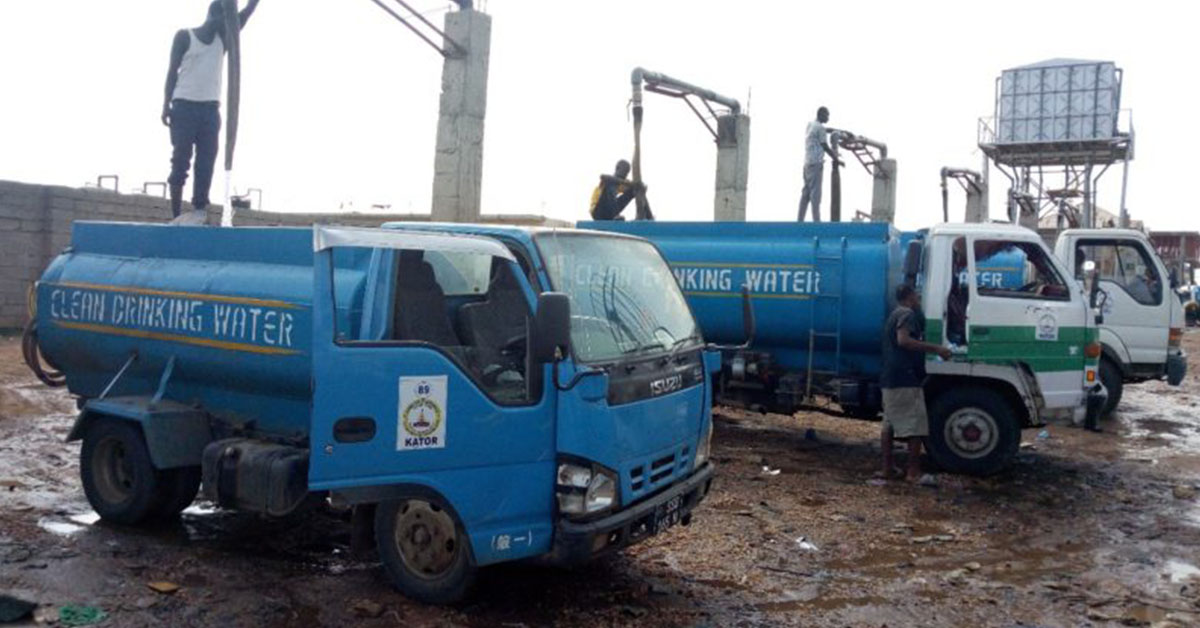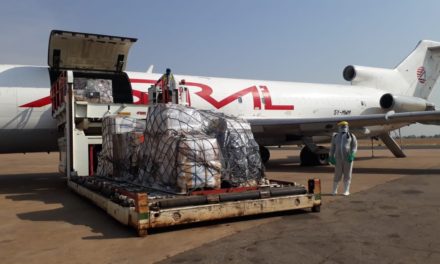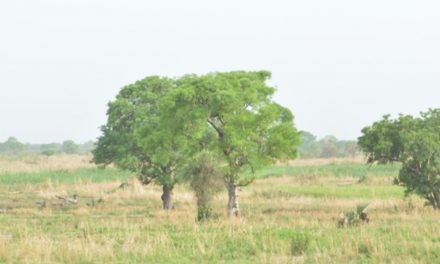
Water shortage in Juba.

According to the International Committee of the Red Cross ICRC about 40 to 50 percent of South Sudanese countrywide have no access to clean water.
Juba, the capital of South Sudan is yet to provide clean drinking water to its occupants.
In spite of having abundance of water, limited priority is being given in providing dirt free drinking water to residents of the city.
The population of Juba relay on water being ferried by trucks direct from the Nile into residents’ drums without undergoing major treatments first.
Fekadu Ezkere is an Ethiopian trader who has been supplying water for residents of Juba for the last five years. He said the business is lucrative because demand for water is high in the city.
“That’s why I joined, adding he now has seven water tanks supplying clean drinking water to different residential areas across the city.
“Water from the river is free. People who cannot afford to buy treated water from me have no choice but to use what they collect from the Nile,” he asserted.
This comes at an expensive price too. The Insider found out that a drum of water in Juba costs SSP 300 or SSP 400, depending on the area and the distance from the Nile.
The price of food, water and transport has been increasing and that has made many locals to consider suspending some other daily needs and reduce on expenditure.
Like many in South Sudan family head Julius Bintu, a resident of Gurei told the Insider that all the financial calendar for his family spending has changed since the economic crises hit the country.
Most people are vulnerable to several live threatening diseases as a result of drinking dirty and untreated water. There has been an increase in environment-related diseases such as malaria, typhoid and watery diarrheal diseases in the areas situated near the Nile and those who largely rely on the Nile for clean drinking water. This situation is largely due to widespread water contamination by urban surface runoff and poor environmental sanitation.
It is also as a result of disposal of both solid and liquid wastes on open grounds. People burn and throw garbage into streams that flow direct into the Nile, polluting the country’s main source of clean water.
Since there are few recycling facilities in the city, Juba struggles with pilling plastic waste. The dumping sites are filled up with trash, most of which are plastic bottles that would have been recycled.
Experts estimate that there are around 1 million plastic bottles discarded just in Juba. These plastic bottles will not decompose.
The World Health Organization (WHO) estimates that only 55 percent of the people leaving in South Sudan have access to clean drinking water. And due to increased costs of production, water providers in Juba are producing less and charging more, squeezing people’s access to safe water even further.
People living in urban areas, particularly in poorer neighborhoods, have been hit hardest. They can no longer afford to buy enough safe water. Those who still can afford it, now spend twice as much as they did just a few months ago.
WHO’s report indicates that 610,000 people living in South Sudan’s urban areas are now struggling with the cost of living that has increased by nearly 30 percent since the first half of 2015.
Putting food on the table becomes the priority. Buying safe water, often and quite understandably takes second place.
In 2016 and 2017, fuel crises hit South Sudan where a liter of fuel jumped dramatically from 22SSP to over 150SSP and Ezkere’s business was not spared thus affecting the cost of living for many citizens who were relaying on the relatively cheaper Nile water supplied to the doors.
Ezkere explains that when prices increased he first thought of shutting down the business because the crises cut him short of decisions.
Between 2012 and 2015 a drum of water in Juba was at a cost of 5 and 10SSP depending on the distance the tank covers from the source.
“I was confused because I wanted to increase the cost per drum but how much I should, so I told my drivers to stop the business for some time but my customers kept calling that they needed water,” Ezkere enlightens.
“The next day I ordered my drivers to feel the tanks and take water to my customers though I was incurring some losses,” he added.




















Recent Comments